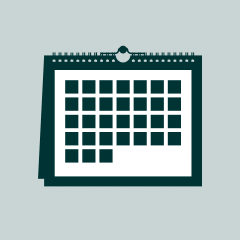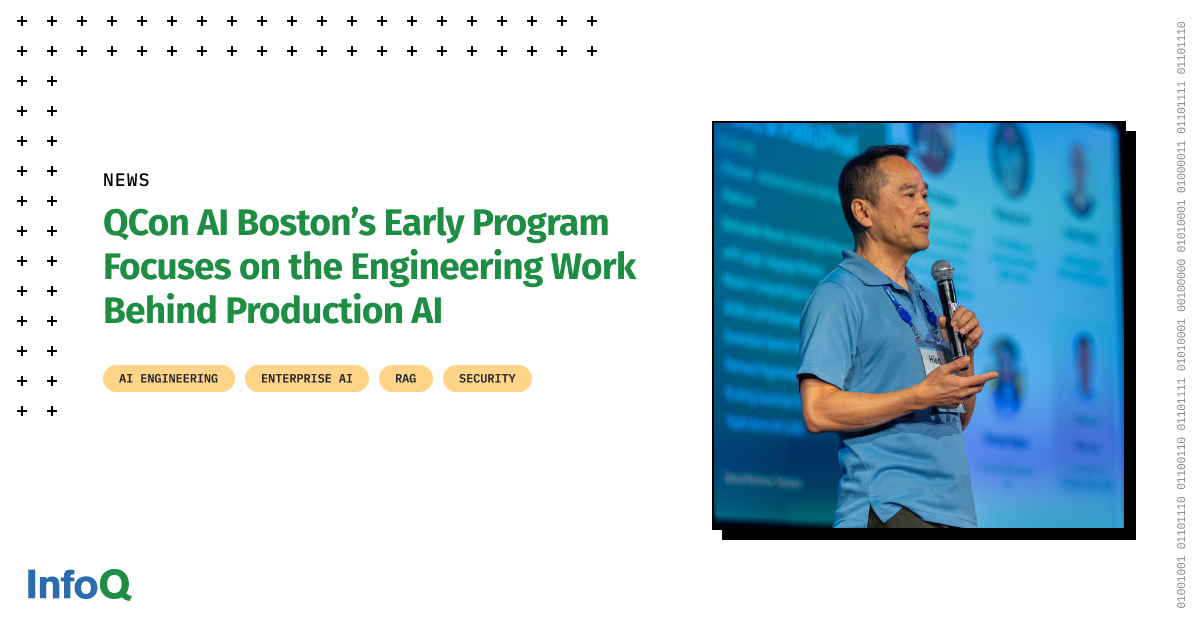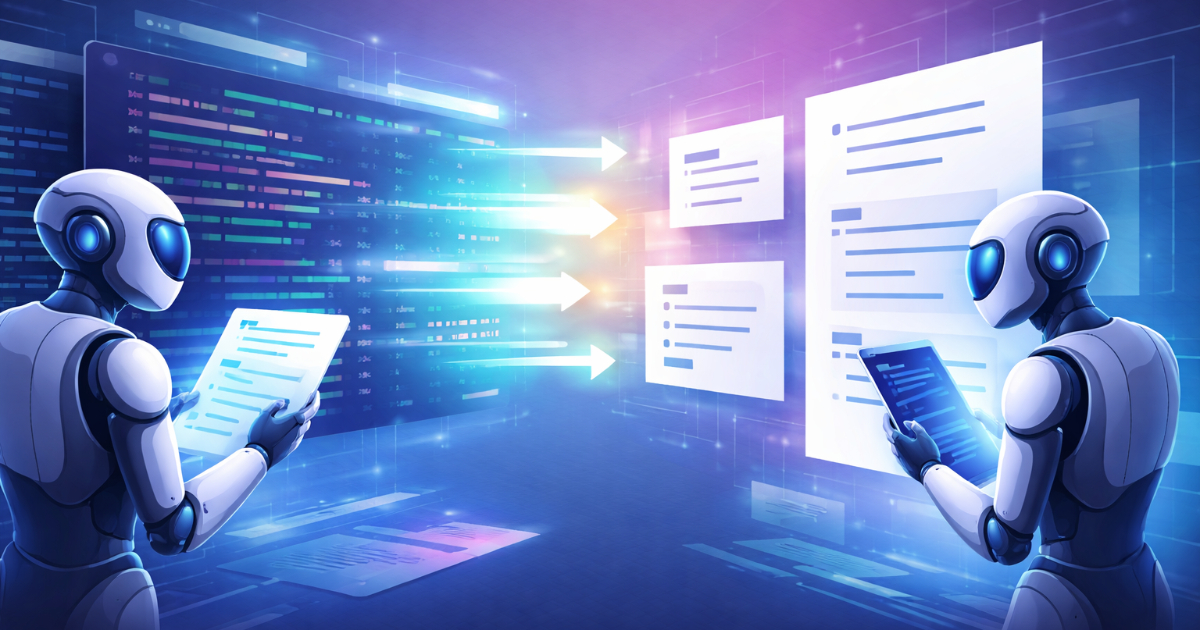Codetown
Codetown ::: a software developer's community
jaxjug July Meeting - Introduction to Spark
Event Details

Time: July 8, 2015 from 6pm to 8pm
Location: Availity
Street: 10752 Deerwood Park Blvd S, Ste 110
City/Town: Jacksonville FL 32256
Website or Map: http://maps.google.com/maps?q…
Phone: Eyalwir@ yahoo.com
Event Type: meeting
Organized By: Eyal Wir
Latest Activity: Jul 7, 2015
Event Description
Introduction to Spark
Presented by Carol McDonald, MapR Technologies
Apache Spark is a fast and general engine for large-scale data processing. In contrast to Hadoop's two-stage disk-based MapReduce paradigm, Spark's in-memory primitives provide performance up to 100 times faster for certain applications.
The Spark software stack includes a core data-proccessing engine, an interface for interactive querying, Sparkstreaming for streaming data analysis, and growing libraries for machine-learning and graph analysis. Spark is quickly establishing itself as a leading environment for doing fast, iterative in-memory and streaming analysis.
This talk will give an introduction the Spark stack, explain how Spark has lighting fast results, and how it complements Apache Hadoop.
Please RSVP!
http://www.meetup.com/Jacksonville-JAVA-User-Group-JaxJUG/events/223679551/
Notes
Welcome to Codetown!
 Codetown is a social network. It's got blogs, forums, groups, personal pages and more! You might think of Codetown as a funky camper van with lots of compartments for your stuff and a great multimedia system, too! Best of all, Codetown has room for all of your friends.
Codetown is a social network. It's got blogs, forums, groups, personal pages and more! You might think of Codetown as a funky camper van with lots of compartments for your stuff and a great multimedia system, too! Best of all, Codetown has room for all of your friends.
Created by Michael Levin Dec 18, 2008 at 6:56pm. Last updated by Michael Levin May 4, 2018.
Looking for Jobs or Staff?
Check out the Codetown Jobs group.
InfoQ Reading List
Decentralizing Architectural Decisions with the Architecture Advice Process

Our system architectures have changed as technology and development practices have evolved, but the way we practice architecture hasn’t kept up. According to Andrew Harmel-Law, architecture needs to be decentralized, similar to how we have decentralized our systems. The alternative to having an architect take and communicate decisions is to “let anyone make the decisions” using the advice process.
By Ben LindersQCon AI Boston’s Early Program Focuses on the Engineering Work Behind Production AI

As teams move AI from pilots to production, the hard problems shift from demos to dependability. The first confirmed talks for QCon AI Boston (June 1–2) focus on context engineering, agent explainability, reasoning beyond basic RAG, evaluation, governance, and platform infrastructure needed to run AI reliably under real-world constraints.
By Artenisa ChatziouGitHub Data Shows AI Tools Creating "Convenience Loops" That Reshape Developer Language Choices

GitHub’s Octoverse 2025 report reveals a "convenience loop" where AI coding assistants drive language choice. TypeScript’s 66% surge to the #1 spot highlights a shift toward static typing, as types provide essential guardrails for LLMs. While Python leads in AI research, the industry is consolidating around stacks that minimize AI friction, creating a barrier for new, niche languages.
By Steef-Jan WiggersCloudflare Debuts Markdown for Agents and Content Signals to Guide AI Crawlers

Cloudflare has introduced “Markdown for Agents,” a feature that lets AI crawlers request Markdown versions of web pages. The company pairs the feature with a proposed “Content Signals” mechanism that lets publishers declare whether their content may be used for AI training, search indexing or inference.
By Matt FosterPresentation: What I Wish I Knew When I Started with Green IT

Ludi Akue discusses how the tech sector’s rising emissions impact our global climate goals. Drawing from her experience as a CTO, she explains seven key lessons for implementing Green IT. She shares insights on LCA assessments, the paradox of microservices, and why FinOps doesn’t always equal green.
By Ludi Akue
© 2026 Created by Michael Levin.
Powered by
![]()
RSVP for jaxjug July Meeting - Introduction to Spark to add comments!
Join Codetown